A few days ago, I started a discussion about the idea of “deliberateness” on the part of creative artists (HERE). I posted a poem by E. E. Cummings, “l(a,” and questioned whether or not every aspect of the poem was deliberate.
| In particular, I asked if the first two lines of the poem – which spell “la” and “le,” two singular articles in French – could have been deliberate on the part of Cummings. Imma be honest, I’ve never thought so. I just thought that was coincidental. The next day I posted a second E. E. Cummings' poem, “old age sticks.” I did this because Cummings split the poem’s final words “growing old” in such a way that the poem ends with the youthful generation “OWING old” – and then my discussion turned to Dickinson’s “work as an innovator in the field of rhyme” which “permanently altered the ears of poets and readers.” And then @nblumengarten responded on CoSo with this: “Going from the previous poem (i.e., “l(a”), "tres" and "pas” (from “old age sticks): Tres meaning, "very" and pas, meaning "the right of precedence." |
I responded, “Cummings did live in Paris for a short time! I always tended to think the le/la in “l(a” was coincidental. I think I need to rethink that!”
I’d also seen the “tres” and “pas” beaucoup times and (a) I’ve always wondered why not “tress” and “PASS” and (b) I never once thought, “there must be a secondary meaning with French words.”
Obviously by using “tres” and “pas,” Cummings was deliberate. The words are meant to suggest “trespass” AND to provide additional meaning in French.
Sooo…now I’m a believer: “la” and “le” were equally deliberate!
There are no coincidences.
One person said, "I've never seen "pas" translated as "the right of precedence." However, another showed a dictionary entry for the word with "1: the right of precedence; 2: a dance step or combination of steps." Even so, the debate continued.
At one point, I added, "Well, I don’t speak French, so I don’t know the nuances of the language, but even if "pas" just stands for “not,” it fits the poem. Plus I always wondered why Cummings put “tres” and “pas” vs. “pass” — and French makes so much sense!"
Finally, I added, "I listen to classical music, & in the car tonight on the way home, I heard just the end of what the announcer said was a 'Pas de Deux' from some work by Igor Stravinsky -- and it hit me: the idea of "pas" as "dance" in the Cummings' poem "old age sticks" -- as EVERY generation of parents & older folks rebuff the new generation's dance moves. I love it! LOL -- I NEVER thought of the 'French connection' for this poem -- but it makes so much sense!"
Oo la la, say "la vie," and excuse my French -- as they say! ; )
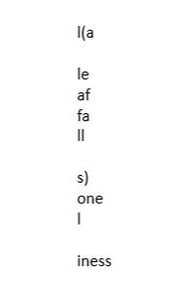
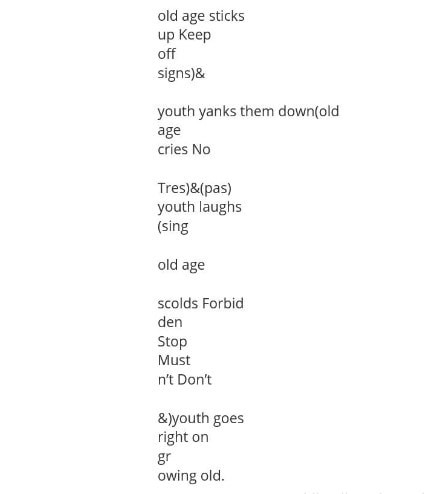
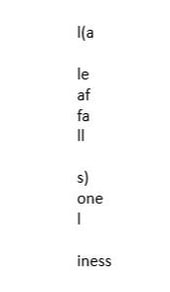
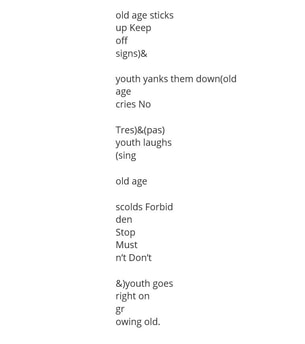
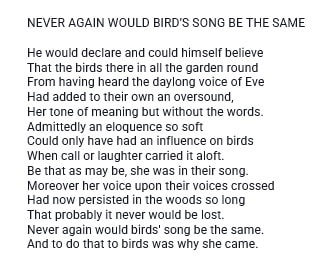
 RSS Feed
RSS Feed
